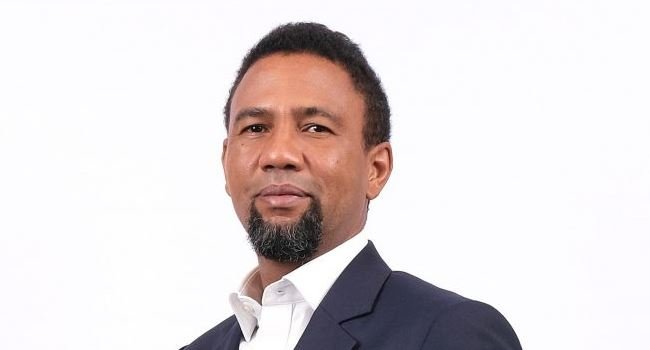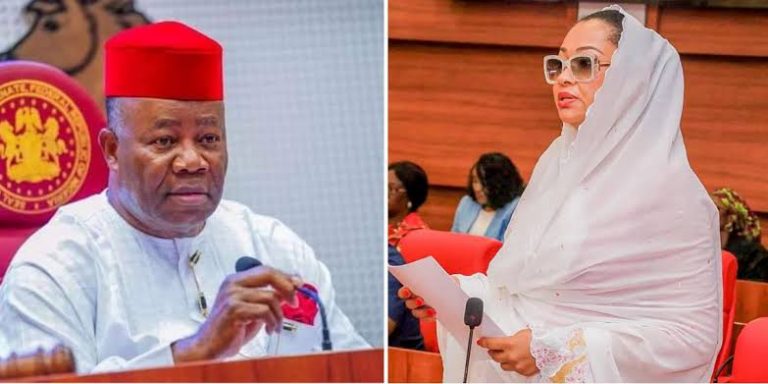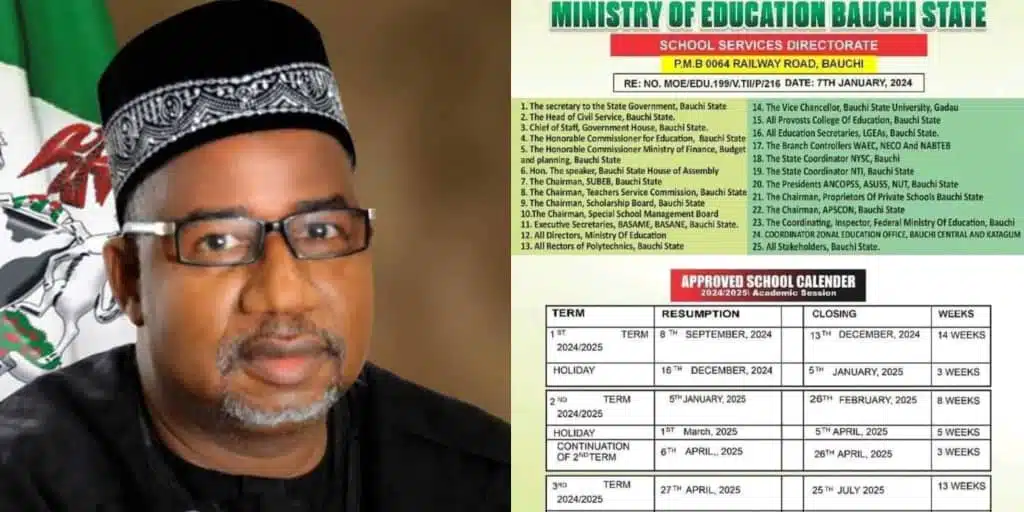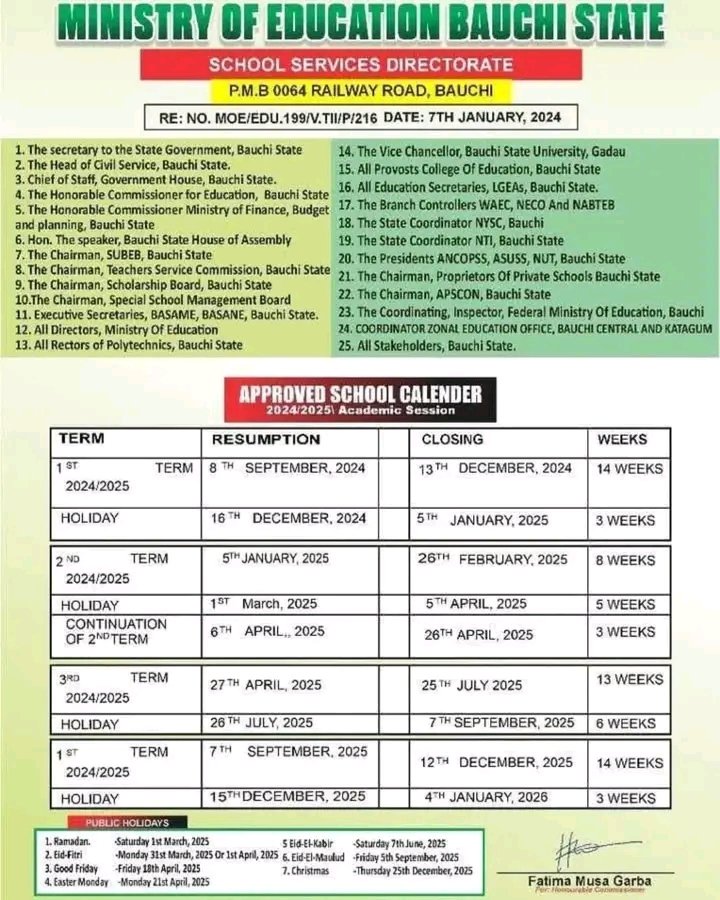SAMI TUNJI explores the Central Bank of Nigeria’s CBN’s recent monetary policy as it relates to stabilisation of the naira and curbing of inflation
The Central Bank of Nigeria and its Monetary Policy Committee have taken decisive steps to stabilise the naira and curb inflation, signalling a shift in the country’s macroeconomic landscape.
At the 299th MPC meeting held on February 19 and 20, 2025, the Committee opted to maintain the Monetary Policy Rate at 27.5 per cent, a move that underlines its commitment to balancing inflation control with exchange rate stability.
CBN Governor, Olayemi Cardoso, announced the decision during a press briefing last week, saying, “The committee was unanimous in its decision to hold all parameters and thus decided as follows: “1. Retain the MPR at 27.50 per cent. 2. Retain the asymmetric corridor around the MPR at +500/-100 basis points. 3. Retain the Cash Reserve Ratio of Deposit Money Banks at 50.00 per cent and Merchant Banks at 16 per cent. 4. Retain the liquidity ratio at 30.00 per cent,” Cardoso said.
The decision marks a pause in rate hikes after six consecutive increases in 2024, as the apex bank navigates inflationary pressures, exchange rate volatility, and economic growth concerns.
The committee noted stability in the foreign exchange market, improvements in external reserves, and a gradual moderation in fuel prices as key macroeconomic developments influencing its decision.
This decision is crucial at a time when Nigeria is grappling with the challenge of high consumer prices amid other macroeconomic challenges.
The naira, which had depreciated sharply in 2024, has shown signs of recovery, largely due to increased liquidity in the foreign exchange market and improved transparency measures introduced by the CBN.
Inflation, on the other hand, remains a pressing concern, but the MPC’s policy direction suggests a deliberate strategy as the apex bank aims at achieving single-digit inflation in the medium term.
The Centre for the Promotion of Private Enterprise commended the MPC for pausing rate hikes. The Chief Executive Officer of CPPE, Dr. Muda Yusuf, said, “So, I think it makes sense to retain the rates so that we don’t further exacerbate the pressure of interest rates on businesses and other citizens with exposure to the banks.”
According to him, maintaining the stability of the exchange rate can lead to further price reductions in other products.
Sustaining naira stability through FX market reforms
One of the most significant achievements of the CBN’s ongoing policy reforms is the relative stability of the naira in recent weeks. The exchange rate convergence between the official and parallel markets—previously a major source of arbitrage—has now narrowed significantly, boosting confidence in the market.
As of February 20, 2025, the naira appreciated by 6.95 per cent in the parallel market, trading at N1,510/$, a significant improvement compared to the sharp fluctuations witnessed in 2024.
Also, the naira made a strong comeback between January 1, 2025, and February 21, 2025, rising from N1,640/$ to around N1,510/$ on Friday, February 21, 2025.
Also, the spread between the official and black market rates has reduced to about one per cent.
Cardoso said at the 299th MPC briefing, “The window, or the differential in rates between the BDCs and the official rate, has come down to maybe less than one per cent.”
Cardoso has consistently maintained that market stability is a top priority, stressing that the CBN will sustain its interventions in the foreign exchange market while promoting transparency.
The introduction of the Electronic Foreign Exchange Matching System and the Nigerian Foreign Exchange Market FX Code has been instrumental in enhancing market efficiency.
These tools have not only improved liquidity but have also provided a clear framework for transactions, reducing speculation and volatility.
Speaking earlier with The PUNCH, Bunmi Bailey, Head of Research at SBM Intelligence and an honorary member of the Nigerian Economic Society, said that the FX Code is already yielding positive results in the market. She noted that there has been an increase in market confidence, as evidenced by a significant rise in FX liquidity inflows.
The Nigeria Employers’ Consultative Association earlier applauded the CBN for introducing the Nigerian Foreign Exchange Code, describing it as a major step towards enhancing transparency, ethical conduct, and governance in the country’s foreign exchange market.
In a statement, NECA’s Director-General, Mr. Adewale-Smatt Oyerinde, lauded the policy as a strategic initiative that could boost investor confidence and improve economic stability if properly implemented.
“The introduction of the FX Code is a commendable step towards enhancing transparency, integrity, and professionalism in Nigeria’s foreign exchange market. This aligns with NECA’s advocacy for policies that foster a conducive business environment and economic stability,” Oyerinde stated.
He emphasised that while the FX Code is a welcome development, its success will depend largely on effective enforcement and compliance by all market participants.
The CBN’s interventions, including its strategic clearance of a $7bn FX backlog, have played a key role in strengthening investor confidence.
It is believed that these reforms, if sustained, could pave the way for a more flexible and resilient FX regime, allowing market forces to dictate exchange rate movements in a controlled manner.
“Our objectives have been and will continue to be to achieve stability in the foreign exchange and the financial markets. CBN will continue to embrace orthodoxy and stay the course. We remain vigilant and will not take anything for granted; inflation has been too high for too long, and our goal is to bring it down from double digits to single digits in the medium to long term,” Cardoso said last week.
Getting inflation to single digits
While naira stability has been a major win for the apex bank, inflation remains a daunting challenge. Nigeria’s annual inflation rate stood at 24.48 per cent in January 2025, following the rebasing of the Consumer Price Index. This rebasing, which adjusted Nigeria’s inflation metrics to reflect current consumption patterns, led to a recalibration of figures that more accurately represent price movements.
The CBN has made it clear that it is targeting a reduction of inflation to single digits in the medium to long term. Cardoso, in his post-MPC briefing, reiterated that “inflation has been too high for too long” and that the CBN remains committed to bringing it down through orthodox monetary policy measures.
The MPC’s decision to hold the MPR at 27.5 per cent signals a continuation of its tight monetary stance, designed to control liquidity and rein in inflationary pressures. The high policy rate has been a double-edged sword—while it has helped contain inflation, it has also raised the cost of borrowing for businesses and consumers alike. However, with the expectation that inflation will decline to around 15 per cent this year, there is optimism that monetary easing could follow later in the year.
Banking sector reforms and economic growth
Beyond stabilising the naira and tackling inflation, the CBN is also focusing on strengthening the banking sector. A major reform on the horizon is the introduction of new minimum capital requirements for banks, set to take effect in March 2026. This move is aimed at ensuring that Nigeria’s financial institutions are adequately capitalised to support economic expansion and withstand external shocks.
During the press briefing last week, Cardoso reassured that the banking sector remains robust and resilient despite ongoing macroeconomic challenges. However, the MPC stressed the importance of strengthening banking system surveillance, particularly in light of the ongoing recapitalisation drive for deposit money banks.
He stated that the CBN would ensure the injection of quality capital into the banking system to safeguard financial stability amid both domestic and global uncertainties.
It is believed that a well-capitalised banking system is critical to sustaining exchange rate stability. When banks have strong capital buffers, they are better positioned to provide forex liquidity, finance trade, and support businesses that require access to foreign currency for imports and investments.
The PUNCH further observed that Nigeria’s improved foreign exchange management and tighter monetary policy have begun to yield results in attracting foreign investment. The country successfully re-entered the Eurobond market in late 2024, securing over $9bn in subscriptions, a sign of renewed confidence from international investors. Also, foreign portfolio investment inflows surged to $3.48bn in the first half of 2024, up from just $756.1m in the same period of 2023.
Multilateral institutions, including the World Bank and the International Monetary Fund, have also commended Nigeria’s economic reforms. The IMF has maintained its global GDP growth forecast at 3.3 per cent for both 2025 and 2026, with Nigeria expected to benefit from stabilising crude oil production and rising non-oil sector contributions to GDP.
The need for more fiscal and monetary coordination
A key theme emerging from the latest MPC meeting is the need for closer coordination between fiscal and monetary authorities. The CBN has expressed its commitment to working with the Federal Government to ensure a harmonised approach to economic management. Cardoso highlighted the importance of this collaboration, noting that policy synergy is essential for achieving macroeconomic stability.
“We will enhance collaboration with the fiscal sector by increasing the depth and regularity of our interactions to drive economic growth. With stabilising forex rates, strengthened price controls, and rising investor confidence, the economy shows strong signs of resilience and recovery,” he said last week.
One area where fiscal and monetary coordination is particularly vital is in managing food inflation, which remains one of the biggest contributors to rising consumer prices. The MPC acknowledged that while headline inflation is on a downward trajectory, food inflation remains stubbornly high due to structural challenges in the agricultural sector. The committee stressed the need for targeted government interventions to boost local food production, improve security in farming regions, and address supply chain bottlenecks.
Economists earlier told the PUNCH that the monetary and fiscal policy authorities in Nigeria must collaborate to avoid a fresh rise in inflation following the retention of the country’s benchmark interest rate at 27.50 per cent.
A financial analyst and Group Chief Executive Officer of Cowry Assets Management, Johnson Chukwu, emphasised the importance of aligning monetary and fiscal policies to ensure economic stability.
“The key thing we must know is that every policy has positive and negative effects. What that means is that the monetary authorities must come up with policies that do not counterbalance the fiscal authorities. The fiscal authorities have adopted aggressive fiscal policies and want to stimulate the economy, and what the monetary authorities must do is ensure they do not neutralise these fiscal policies.”
The decisions taken at the 299th MPC meeting reflect a cautious but strategic approach to economic management. By maintaining the current policy rate and sustaining forex market interventions, the CBN is laying the groundwork for a more stable financial system. The success of these policies will ultimately depend on their implementation and the ability of fiscal authorities to complement monetary efforts with structural reforms.
For businesses and consumers, the outlook remains cautiously optimistic. While high borrowing costs persist, the expectation of easing inflation in the coming months could lead to a more accommodating monetary policy stance later in the year. Moreover, the narrowing gap between official and parallel market exchange rates suggests that speculative demand for forex is reducing, a positive signal for market stability.
As Nigeria navigates its economic recovery, the role of the CBN and MPC will remain pivotal in shaping the country’s financial landscape. The commitment to transparency, stability, and policy synergy will be crucial in ensuring that recent gains are not reversed. If these measures continue to be effectively implemented, Nigeria could well be on its way to achieving sustained macroeconomic stability, setting the stage for long-term growth and development.











